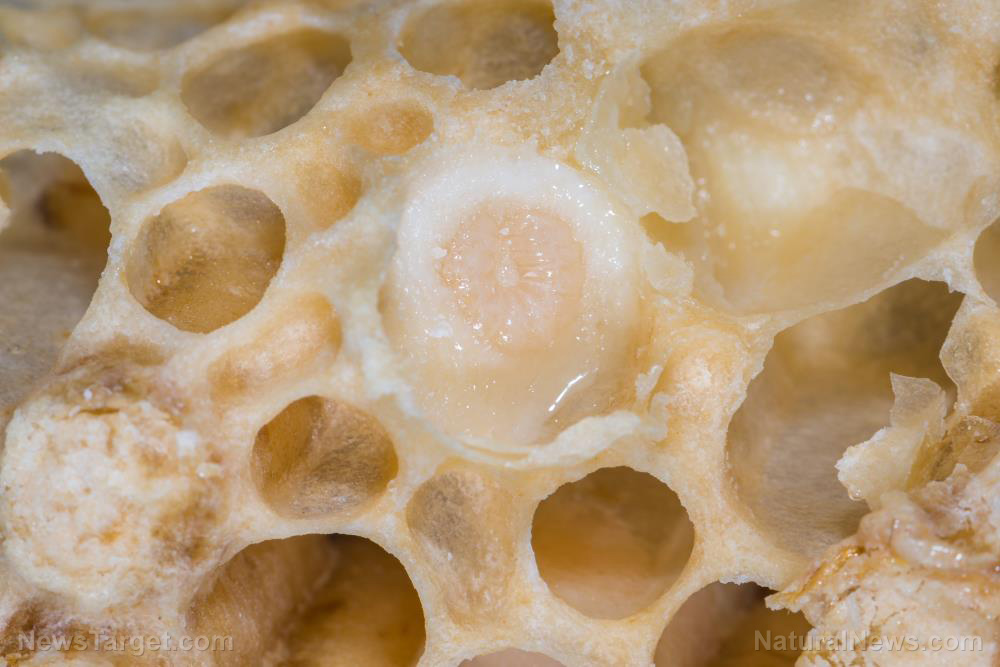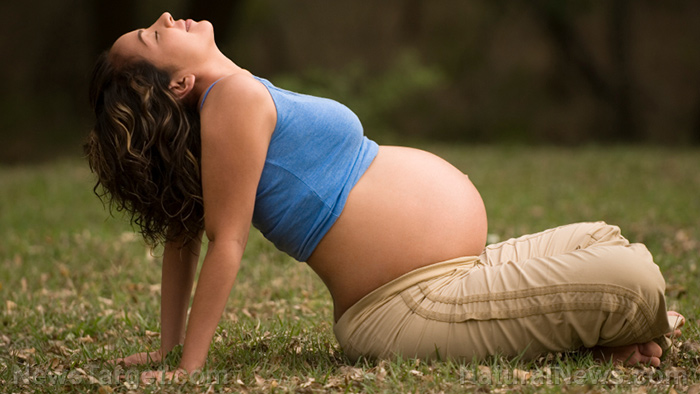Use it or lose it: An active, healthy sex life may delay menopause
05/22/2021 / By Cassie B.

If you don’t have sex frequently, could your body simply decide it doesn’t need to ovulate anymore?
That is the implication of a study carried out by researchers from University College London, who surveyed 3,000 women about their sex lives and tracked them for a decade. Most of the women involved were married or in a relationship, and their average age when the study began was 45. They found that those who had sex every week had a lower chance of experiencing early menopause compared to those who had sex less than once per month.
The difference is dramatic, with those having regular sex being 28 percent less likely to have gone into menopause at age 51 than their counterparts. Those who had sex monthly, meanwhile, were 19 percent less likely to have experienced menopause than those who had sex less than monthly. For the purposes of the survey, sexual activity is defined as intercourse, caressing and touching, self-stimulation and oral sex. The most frequent pattern of sexual activity among the women surveyed was weekly, with 64 percent reporting this pattern.
The average age of menopause is 51, although this natural part of aging often occurs within the range of ages 45 to 55. In menopause, women stop having periods and lose the ability to get pregnant naturally. After a woman’s menstrual cycle has stopped for 12 months and her ovaries have stopped producing estrogen and progesterone, she is considered to have been through menopause. It may be accompanied by symptoms such as hot flashes, headaches, abdominal cramps and fatigue, as well as mood swings and other emotional difficulties.
Why might an active sex life delay menopause?
According to the researchers, if a woman is not having sex – and by extension, there isn’t any chance of getting pregnant – her body may choose to stop investing so much energy into ovulating. During ovulation, a woman’s immune function is hampered, which makes the body more susceptible to illness.
One hypothesis is that women’s bodies might be trying to save energy to be used elsewhere, such as for looking after grandchildren. The “grandmother hypothesis” theorizes that menopause evolved in order to help mothers have more children. Grandmothers, the theory goes, could help their offspring have more children of their own by helping to care for the existing grandchildren.
The researchers said they were inspired to explore this link after noticing a trend in the existing menopause literature of married women experiencing menopause later, something they say that few studies had attempted to explain.
Study co-author Ruth Mace cautioned that there are no behavioral interventions that can prevent reproductive cessation and that menopause is inevitable. However, she added: “Nonetheless, these results are an initial indication that menopause timing may be adaptive in response to the likelihood of becoming pregnant.”
The authors also said that the link may not necessarily be causal; there could be some other biological or hormonal factor not measured by the study influencing both how often a woman has sex and her age at menopause. They did find, however, that living with a male partner and therefore being exposed to male pheromones did not provide an explanation for the findings. They also controlled for factors such as estrogen hormone levels, body mass index and smoking.
The study was published by the Royal Society Open Science.
There are some benefits to experiencing menopause later in life. An earlier onset of menopause has been linked to greater loss of bone density and adverse cholesterol profiles, among other issues. And although scientists can’t say with certainty that an active sex life will delay menopause, some doctors say that having sex regularly during perimenopause and menopause can make sex less painful with time, which is important as many post-menopausal women are unable to have sex due to vaginal dryness and pain.
Sources for this article include:
Tagged Under: early menopause, Menopause, natural cycles, perimenopause, reproductive health, Sex Life, women's health
RECENT NEWS & ARTICLES
COPYRIGHT © 2017 WOMENS HEALTH NEWS




















